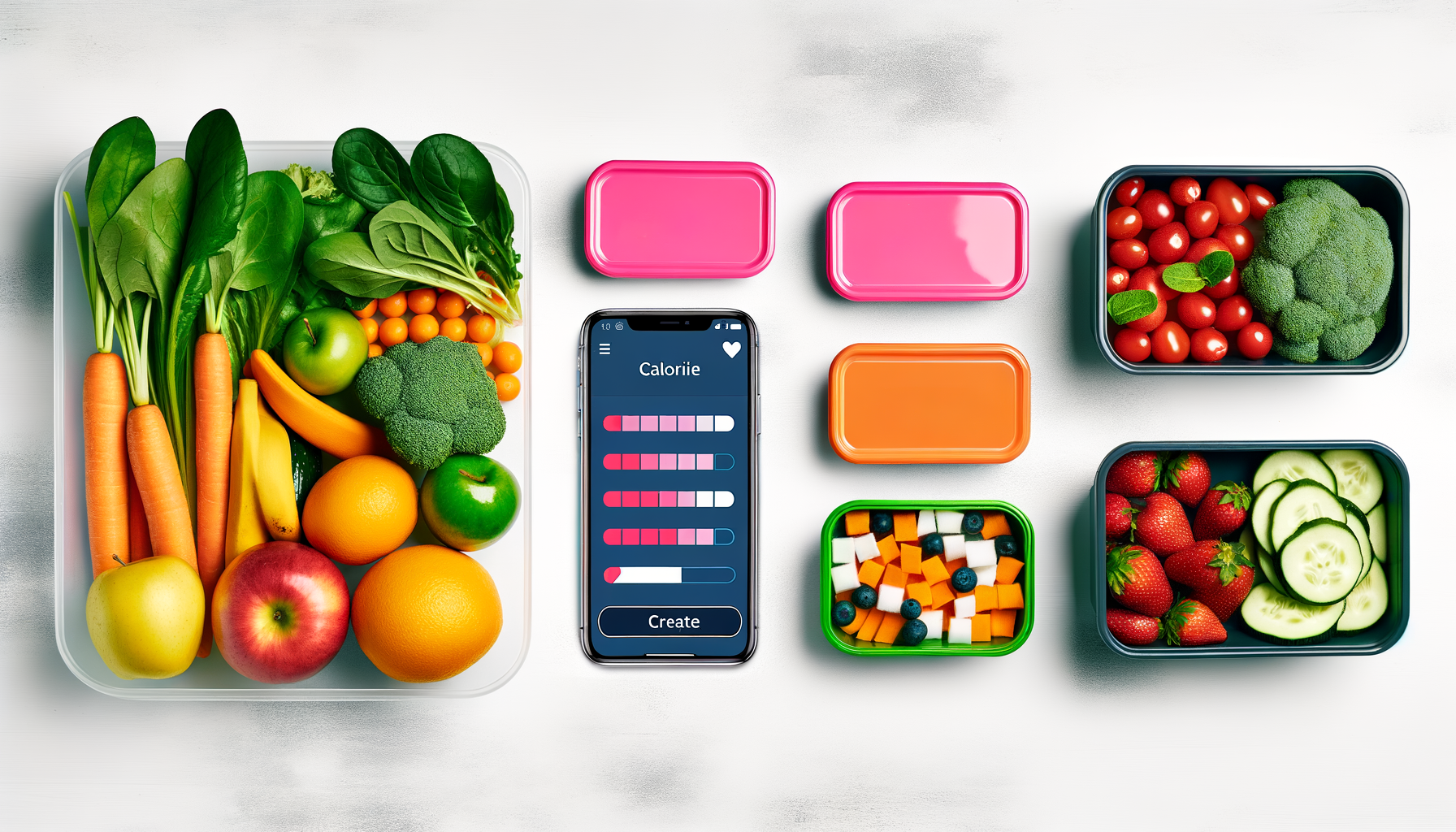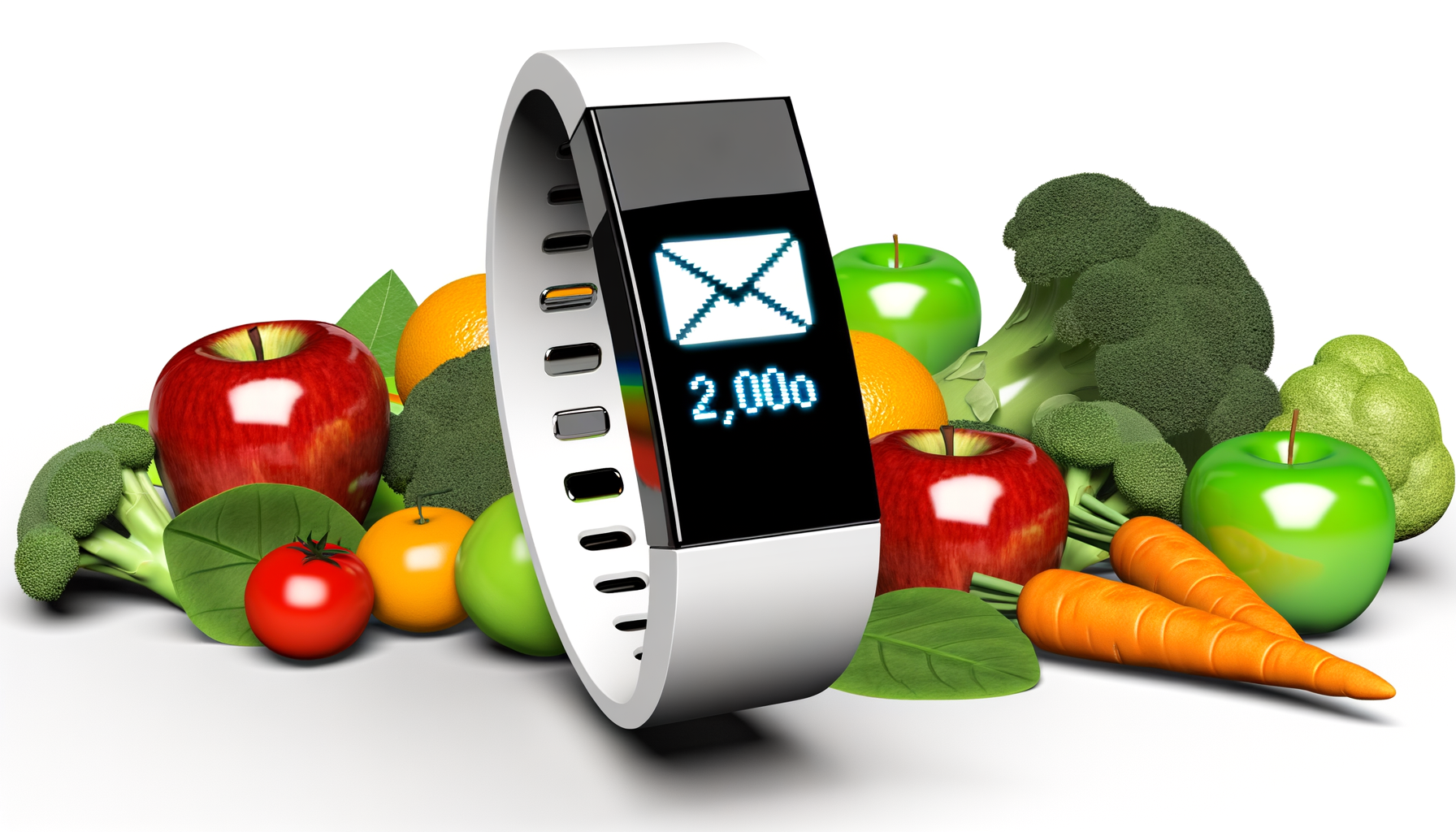Integrating WP Calorie Calculator Pro with Mood Tracking for Mental Health
Enhancing Mental Health Through the Mood-Food Connection
The interplay between mental health and diet is a complex and increasingly recognized area of study. Integrating tools like the WP Calorie Calculator Pro with mood tracking can provide a holistic approach to managing both physical and mental well-being. Here, we explore how this integration can be beneficial and how to implement it effectively.
The Science Behind the Mood-Food Connection
The relationship between mood and food is well-documented. Certain nutrients and dietary patterns can significantly impact mental health. For instance, a diet rich in omega-3 fatty acids, vitamins, and minerals can support brain health and reduce symptoms of depression and anxiety[5).
Using the WP Calorie Calculator Pro, individuals can track their calorie intake and ensure they are meeting their nutritional needs. This calculator uses the Mifflin-St. Jeor formula, which accounts for body mass, height, age, and biological sex to provide personalized calorie recommendations. By integrating this with mood tracking, users can identify how different foods and calorie intakes affect their mood and overall mental health[4).
How WP Calorie Calculator Pro Works
The WP Calorie Calculator Pro is designed to be user-friendly and highly customizable. Here are some key features that make it an excellent tool for integrating with mood tracking:
The calculator provides instant or email results, allowing users to track their daily calorie norm and receive personalized recommendations based on their goals and activity levels.
It integrates with email marketing services like Mailchimp, ConvertKit, and Hubspot, enabling site owners to collect user data and provide tailored health advice and support.
The Pro version offers advanced features such as macronutrient balance and activity level calculations, as well as multiple formulas for calculating BMI and BMR.
The plugin is highly customizable, allowing site owners to change the interface colors and settings to fit their website design.
Integrating with Mood Tracking Apps
Mood tracking apps, such as those described in the context of mental health and wellness, can be integrated with the WP Calorie Calculator Pro to provide a comprehensive health management system. Here’s how this integration can be beneficial:
Daily Insights: Users can track their moods alongside their calorie intake and other health metrics. This can help identify patterns and correlations between diet and mood, providing valuable insights into what foods or calorie levels may be affecting their mental health[2).
Trend Analysis: By analyzing mood trends over time, users can see how changes in their diet impact their mental well-being. This can be visualized through charts and graphs, making it easier to understand and manage mood fluctuations.
Customizability and Personalization: Mood tracking apps often allow for customizability, which is crucial given the subjective nature of mood. Integrating this with the WP Calorie Calculator Pro ensures that users receive personalized dietary recommendations based on their unique needs and preferences[3).
Community and Support: Many mood tracking apps offer community support features. By integrating these with the WP Calorie Calculator Pro, users can connect with others who share similar health goals and challenges, providing a supportive network that enhances their mental health journey.
Real-World Examples and Case Studies
The integration of calorie tracking with mood monitoring has been successful in various contexts. For example, studies have shown that participants who used mood-tracking apps were able to identify potential triggers for their mood, such as certain foods or environmental factors. By tracking their calorie intake using the WP Calorie Calculator Pro, these users could gain a more comprehensive understanding of how their diet affects their mental health[3).
In the case of the WP Calorie Calculator Pro, the plugin's ability to collect user data and integrate with email marketing services allows site owners to provide targeted health advice. For instance, if a user's mood tracking data indicates a correlation between high-calorie intake and poor mental health, the site owner can send personalized dietary recommendations via email to help the user manage their calorie intake more effectively[1).
Implementing the Integration
To integrate the WP Calorie Calculator Pro with mood tracking, follow these steps:
Install the WP Calorie Calculator Pro plugin on your WordPress site and configure the settings to fit your website design.
Choose a mood tracking app that offers API integration or other means of data exchange. Popular options include apps that integrate with wearable devices and provide detailed trend analysis.
Set up the integration using tools like Zapier or direct API connections to ensure seamless data exchange between the calorie calculator and the mood tracking app.
Customize the user interface to ensure that both calorie tracking and mood monitoring are easily accessible and user-friendly.
Use the collected data to provide personalized health advice and support to users, leveraging the email marketing integrations available in the WP Calorie Calculator Pro.
Conclusion and Next Steps
Integrating the WP Calorie Calculator Pro with mood tracking apps offers a powerful tool for managing both physical and mental health. By providing personalized dietary recommendations and tracking the impact of diet on mood, users can gain a deeper understanding of their overall well-being.
If you are interested in enhancing your website with this integration, consider WP Calorie Calculator and explore the various plans available, including the Pro version, which offers advanced features and integrations.
For more insights on how calorie tracking can impact mental health, read our blog post on The Role of Calorie Tracking in Emotional Eating Programs.
By combining these tools, you can create a comprehensive health management system that supports both the physical and mental well-being of your users.











